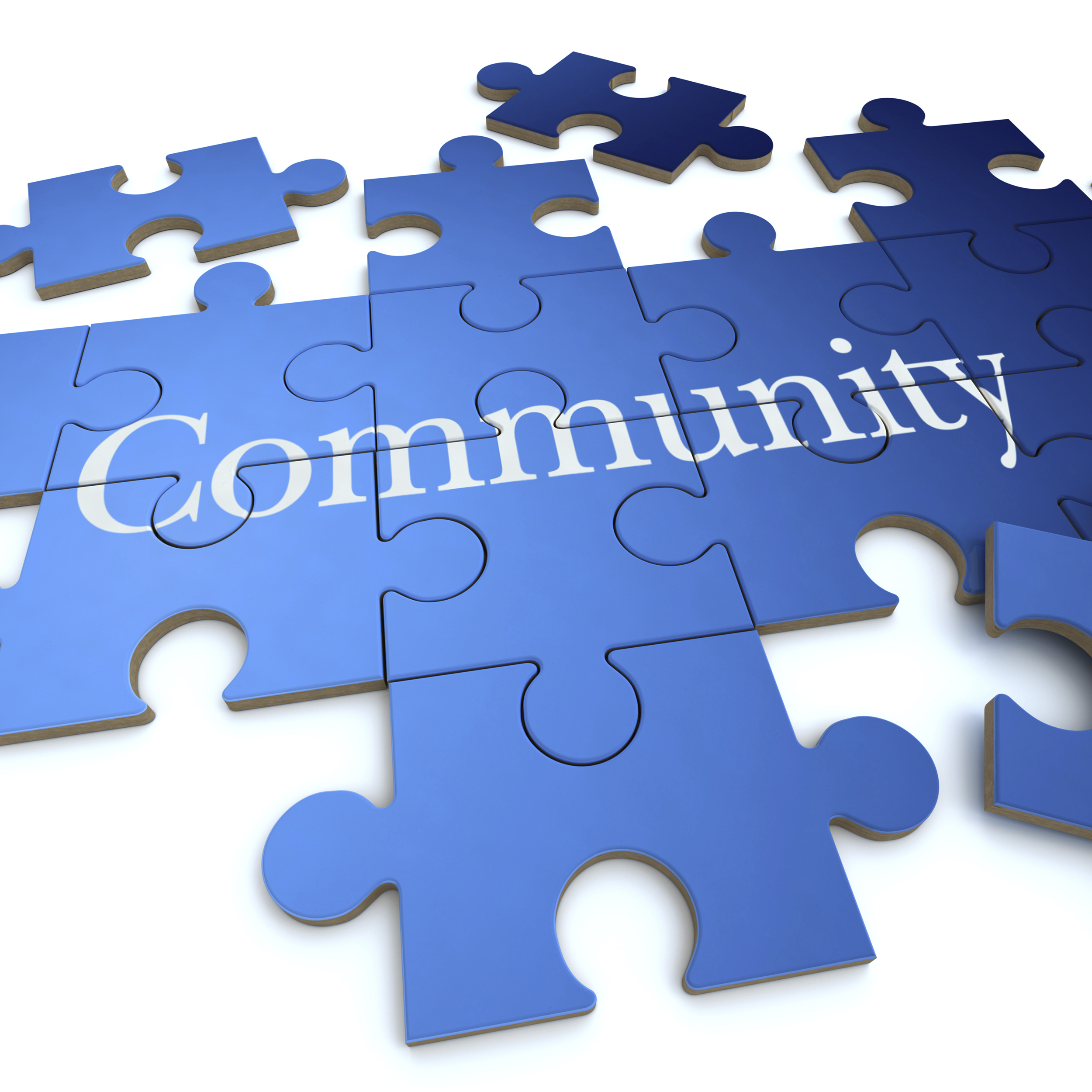In my grandparents’ neighborhood there was a man who was pretty much what today we would consider to be homeless. He was a former soldier who had some mental health problems that kept him from being able to hold down a job and he had no permanent address. He walked with a pronounced limp from a combat injury and, because of PTSD, he rarely spoke.
Yet, despite all this, he never went hungry and never slept in the rain, cold, or oppressive heat on the streets. He didn’t lack for clothes or blankets, and was protected from anyone who might taunt or make fun of him. The Italian-American community where he lived took care of him. He was part of the neighborhood and as such was the responsibility of all the inhabitants of the community.
I remember my grandmother taking her turn making extra food for this man. My grandfather, along with the other men in the community, giving him clothes. The local barber cut his hair. He slept in a warm shed in someone’s yard. Even the town dentists took care of him when he was in pain from an abscessed tooth. His needs were cared for by the community.
In a world where people are steadily becoming more and more alone by the use of social media that is ‘less than social’ despite its name, where even those who are at a restaurant with others use phones to check on their social status, rarely speaking across the table to each other, where talking one to one is quickly becoming a thing of the past, the sense of community is in real danger of becoming extinct. There is a lack of shared community experiences—and that is bringing a lack of compassion to our lives. We’re in real danger of becoming inured to the suffering and isolation of others.
Shared community experiences, like the one in my grandparents’ small town, built a sense of belonging and identity to the inhabitants. All of life was shared—births, graduations, weddings, deaths were all shared by the community making each person a necessary and giving member of that town. Parents looked out, not only for their own children but for all the kids in the neighborhood. The elderly were cared for by all and no one was left out of the life of the community.
Research has shown that our wellbeing depends on everyday interactions with others. There is a necessary and crucial reason for sustaining a sense of community. Community is a collective of wisdom, nurturing, shared memories, and sense of pride in communal achievements. All aspects of our lives, emotional, spiritual, physical, etc., call for a community atmosphere in order to foster healthy living. There are times when being part of a community takes us out of the ‘aloneness’ of our own selves and makes us enter the sometimes unexpected messy unpleasantness of life, giving us an opportunity to offer our help to someone in need. The sense of satisfaction that we experience when we give back to someone less fortunate creates a strong bond.
The word community comes from the Latin word, communis which means shared in common. Our own individuality actually enhances a community. We unite to foster a common, healthy, productive environment for all. One of the many things that is common to humans across cultures is the need to belong and be accepted by others and that is what communities offer.
Humans are by nature social animals. We were never meant to be alone. The need for community is stronger than ever now as we progress to a future that is becoming more involved with Artificial Intelligence, and less with human interaction than ever before.
It may be unwise to think that we could ever go back to the ways and activities of the communities of old—we’ve come too far in our technology and lifestyles for that to happen—but we can begin to seek places where a solid sense of community exists, a place where we have shared interests, and become part of that.
Noted psychiatrist M. Scott Peck made the observation that, “There can be no peace, and ultimately no life, without community.”


